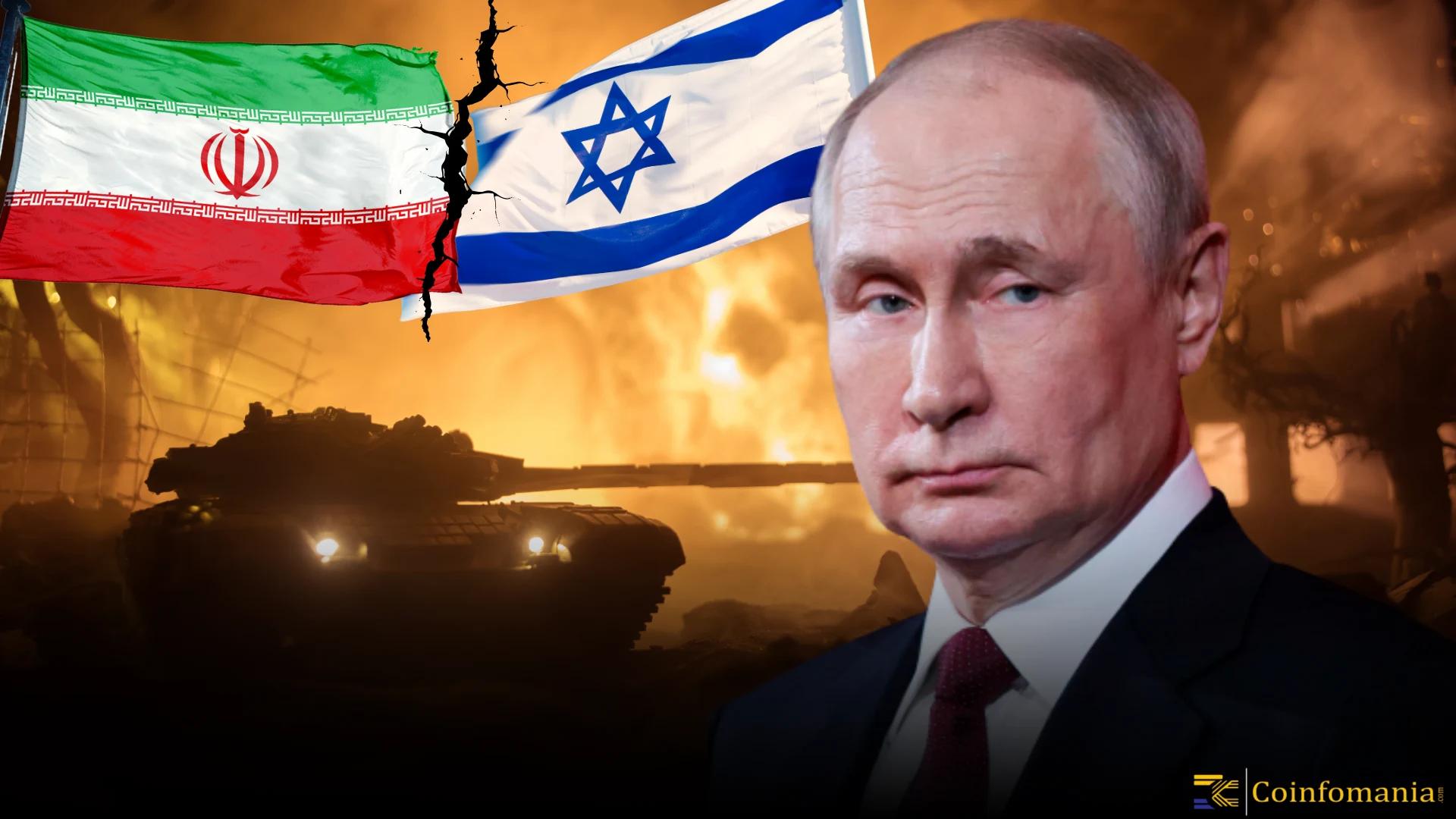Putin and Xi Condemn Israeli Attacks in Iran as UN Charter Violations
Putin and Xi condemn Israeli actions in Iran, call for a political solution in the Middle East, and pledge deeper Russia-China coordination.

Quick Take
Summary is AI generated, newsroom reviewed.
Putin and Xi jointly condemned Israeli strikes in Iran as UN Charter violations.
Both leaders emphasized that military solutions will not resolve the Middle East crisis.
Russia offered to mediate, while China pledged closer coordination in the region.
Upcoming bilateral summit set for September 2 in China to deepen strategic ties.
In a decisive show of diplomatic alignment, Russian President Vladimir Putin and Chinese President Xi Jinping held a high-level phone conversation, jointly condemning Israel’s recent attacks on Iranian territory as blatant violations of the United Nations Charter. The two leaders expressed strong opposition to the use of military force in resolving the escalating crisis in the Middle East, reinforcing their shared commitment to pursuing political solutions through dialogue and diplomacy.
A Unified Front Against Military Escalation
The Kremlin, through top aide Yuri Ushakov, revealed that the conversation reflected “identical approaches” from both Moscow and Beijing regarding the unfolding regional conflict. “Russia and China are in full agreement that the situation in the Middle East requires a political solution,” Ushakov told reporters. He emphasized that both nations see military interventions as ineffective and dangerous in the long term, especially in a region already destabilized by decades of conflict.
The condemnation of Israeli actions in Iran adds another layer to the ongoing global discourse surrounding Israel’s military conduct and its impact on broader regional security. While the United States and several Western allies have maintained varying levels of support or neutrality regarding Israel’s self-defense claims, Moscow and Beijing are clearly positioning themselves as proponents of restraint and diplomacy.
Russia Offers Mediation, China to Coordinate Efforts
President Putin reiterated Russia’s readiness to act as a mediator if called upon by the involved parties, highlighting Moscow’s historical ties to key players in the region, including Tehran and Damascus. Both leaders agreed to instruct their respective foreign affairs departments to enhance coordination, share intelligence, and align diplomatic efforts in the coming days.
China, for its part, has been increasingly active in Middle Eastern diplomacy, brokering a landmark Saudi-Iran détente in 2023. Xi’s latest outreach to Putin signals a deepening interest in maintaining regional stability, particularly as China’s energy and infrastructure projects across the Middle East rely on peace and predictability.
G7 Summit and Ukraine Conflict Also Discussed
The Putin-Xi conversation reportedly extended beyond the Middle East. According to Ushakov, the two leaders commented on the recent G7 summit, suggesting that internal discord among Western nations undermined the meeting’s success. Both viewed the summit as a political setback for Ukrainian President Volodymyr Zelenskyy, who has struggled to sustain unified international support in his country’s war with Russia.
Though brief, this portion of the conversation reflects Russia and China’s broader efforts to counterbalance Western influence in global affairs, particularly through forums like BRICS and the Shanghai Cooperation Organization (SCO).
September Meeting in China Confirmed
In closing, the two heads of state reviewed the status of Russia-China bilateral relations and confirmed plans to hold full-scale talks in China on September 2. The upcoming summit is expected to further deepen strategic ties between the two countries, spanning defense, energy, and global governance.
As the international community watches closely, the growing partnership between Russia and China—especially in high-stakes regions like the Middle East—marks a significant shift in global power dynamics. Their coordinated stance against military escalation and UN Charter violations underscores a clear message: the era of unipolar interventionism may be giving way to multipolar diplomacy.
Follow us on Google News
Get the latest crypto insights and updates.


